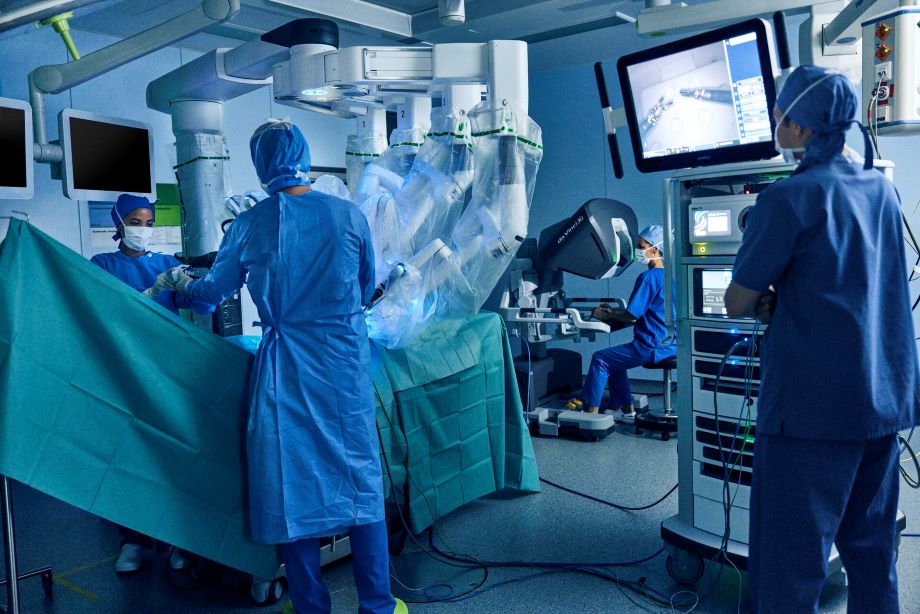Multi-institutional study highlights role of robotic-assisted surgery in reshaping gynaecological care in India
May 29, 2025 | Thursday | News
Robotic-assisted surgery increasingly being used to manage benign gynaecological conditions
As India observes Women’s Health Month in May, a study conducted across five tertiary care hospitals by analysing the data of surgeries performed using the da Vinci technology over a decade is shedding light on how robotic-assisted surgery (RAS) is steadily transforming gynaecological care across the country.
The study documents a significant rise in the use of robotic surgery for both benign and malignant conditions and is significant for its implications on access, recovery, and surgical outcomes for women.
The multi-institutional study—‘Trends in Gynecological Robotic Surgery in India: A Real-World Scenario’—analysed data from ten years across five hospitals: Apollo Health City (Hyderabad), PGIMER (Chandigarh), Manipal Hospital (Bengaluru), Narayana Health (Bengaluru), and Tata Memorial Hospital (Mumbai). Notably, over 70% of robotic gynaecological procedures took place in the final five years, indicating a strong upward trajectory.
“Women’s Health Month is a time to reflect on how surgical technology innovations like the da Vinci robotic technology are enhancing healthcare outcomes for women,” said Dr Rooma Sinha, Honorary Professor and Chief Gynaecologist at Apollo Health City, Hyderabad, one of the surgeons who oversaw the study. “Robotic-assisted surgery is increasingly being used to manage benign gynaecological conditions such as fibroids and endometriosis, offering enhanced precision and improved outcomes across a wide range of cases.”
Many studies across the globe show reduced blood loss and faster recovery times for robotic-assisted surgery compared to other modalities. The patients in this study similarly experienced minimal blood loss and faster recovery times.
Dr Sinha, who is also the Founder-President of Association of Gynecological Robotic Surgeons, noted that “Even in cases involving large fibroids or endometriosis, we were able to keep blood loss low, recovery times short, and port-site pain/discomfort minimal. That matters a lot in a country like India, where patients often travel long distances for care and want to return home quickly.”
The study found that fibroids were the most common benign indication for robotic surgery, followed by endometriosis, adenomyosis, vault prolapse, and ovarian cysts. These conditions often require careful dissection and suturing, particularly when fertility preservation is important.
While more public and private insurers are beginning to include robotic-assisted surgery (RAS) in their coverage, the study highlights that there is still room to improve affordability and access. To optimise value and accessibility, surgeons are refining techniques—using fewer robotic arms and incorporating multifunctional instruments—to reduce costs while still delivering high-quality care and better patient outcomes.
“Given the clear benefits demonstrated in studies like this, there is a strong case for insurance payers to further expand coverage for robotic-assisted surgery. Broader, streamlined reimbursement support can help ensure more women across India have access to advanced surgical options,” Dr Saha added.









